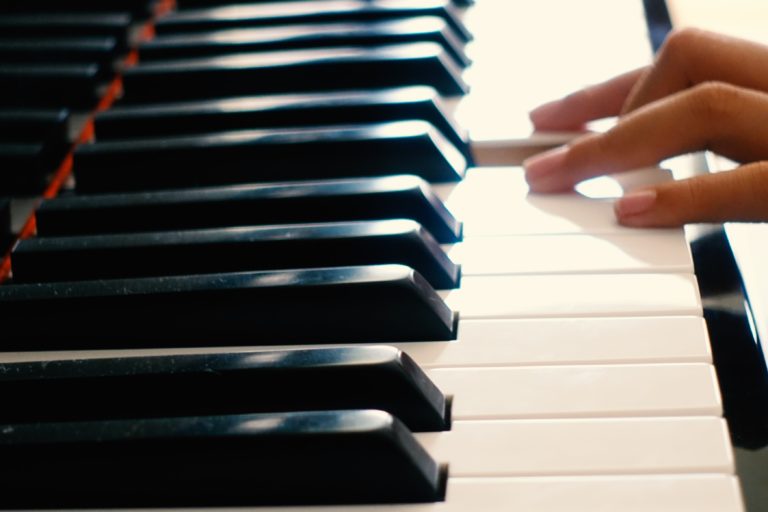MUSICIANS
Improving Literacy and Reducing Depression: Hidden Benefits of Learning to Play an Instrument at a Young Age

WORDS: Jennifer Dawson PHOTOGRAPHY Supplied
Children in some of Australia’s impoverished indigenous communities are experiencing positive changes in life, thanks to bandmates Levi McGrath and Andrew Hornerman’s Instruments for the Outback. According to Hope 103.2, the program teaches children to play and record music, offering them a new skill and even increasing school attendance. Furthermore, research shows that learning to play a musical instrument can support your child’s development and wellbeing in various ways. Take a closer look below.
Progress In Literacy
Learning an instrument can help improve your child’s progress in literacy. According to Phys.org, neuromusical research has found that our brains process language in the same way as they process music. This is connected to the brain mechanisms and interactions that decode the sounds of language. This decoding helps children to understand and develop language syntax to the point of comprehending and creating the meanings of those sounds. Learning to play a musical instrument can support children by training them to hear and process the language sound correctly. If children can’t correctly hear or process those sounds, they cannot speak a language properly – and if they can’t speak a language, they can’t read it properly.
Given the importance of properly hearing music, children may find it helpful to learn an electric instrument that they can use with headphones when practising. In addition to cutting out distractions, headphones let them practise without worrying about making a noise or disturbing others.
Music Reduces Depression
In September last year, the Guardian reported that an Australian National University survey found that 71% of parents and carers with children aged 15 to 18 reported worsening mental health conditions in their kids. 63.4% of parents and carers with children aged 10 to 14, and 61.8% of parents and carers with children aged five to nine said the same.
While learning an instrument isn’t a cure-all, it can lift moods, motivate, and target specific conditions such as depression. According to the Australian and New Zealand Mental Health Association, a study by Queen’s University, Belfast, found that music therapy can reduce depression in children and teens, as well as improve their communication and interactive skills.
Music Teaches Discipline And Achievement
According to the government’s Learning Potential resource, learning an instrument can teach your kids self-discipline, help them develop a routine, and to work toward short-term goals. This feeds into teaching them commitment and patience, which can help them develop a sense of achievement and pride. These are just a few of the benefits of learning an instrument for kids. Besides these, it can provide them with hours of fun.








